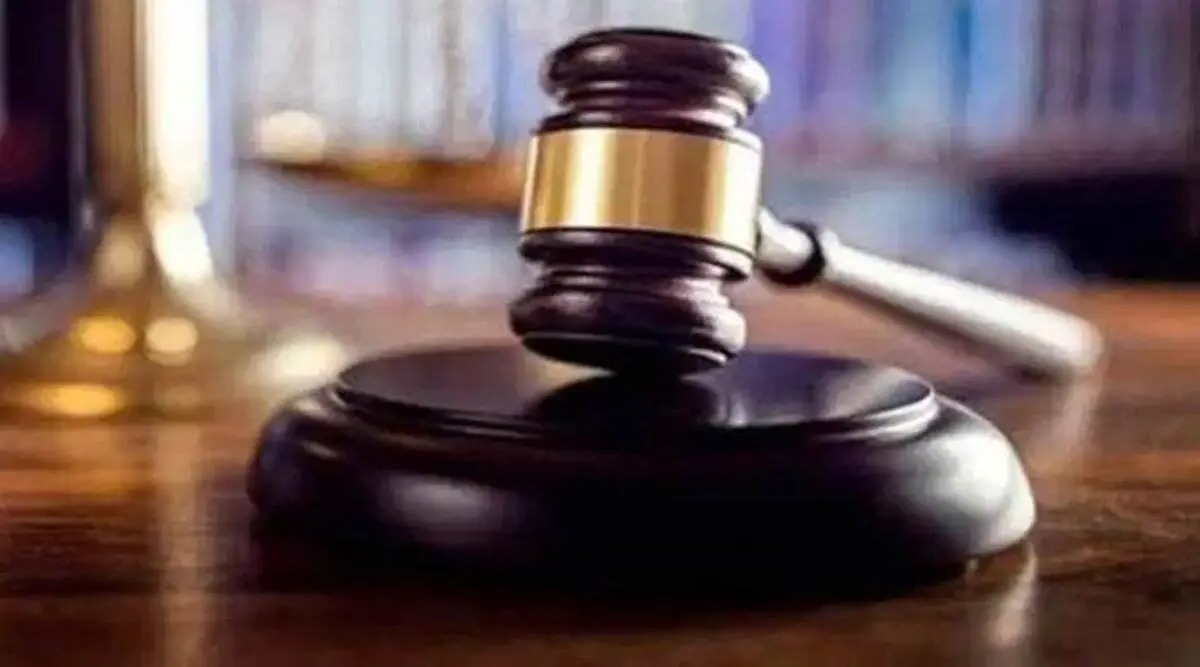 In 2020, the Bombay High Court on the basis of evidence, including the nature of injuries found on Valdaris, said that it was a prima facie case of custodial death and directed the trial court to frame charges under Section 302 (murder) of the Indian Penal Code (IPC). (File)
In 2020, the Bombay High Court on the basis of evidence, including the nature of injuries found on Valdaris, said that it was a prima facie case of custodial death and directed the trial court to frame charges under Section 302 (murder) of the Indian Penal Code (IPC). (File) MONTHS AFTER Mumbai police began filing FIRs for wrong-side driving by motorists, four people booked in separate cases were acquitted by the metropolitan magistrate’s court for not following procedure.
In March, the then city police commissioner Sanjay Pandey had given instructions to the department to file FIRs violations, including those caught driving in the wrong direction. The violators were to be booked under relevant sections of the Indian Penal Code or Motor Vehicles Act instead of just paying a fine.
Pandey had said in a Facebook Live interaction that action was to be taken against those motorists driving on the wrong side of the road and that the violation was rampant. Within a day, over 30 offences were filed under sections of rash and negligent driving of the IPC against violators and Section 184 (driving dangerously) of the MV Act.
In orders issued last week concerning at least four accused, who pleaded not guilty to the violations, the court has acquitted them for want of compliance of notice under the MV Act.
“The accused is also charged for the offence punishable under Section 184 of the Motor Vehicles Act. However, to attract the offence punishable under Section 184 of the MVA notice under Section 209 of the MVA is mandatory. However, admittedly no notice was issued by the Investigating Officer under Section 209 of the MVA to the accused. Therefore, for want of compliance of notice under Section 209 of the MVAt and the offence punishable under Section 184 of MVA is not attracted,” the court said.
The court also acquitted the motorists under Section 279 (rash and negligent driving) of the IPC stating that no independent witnesses were recorded by the police. In one case, two men were booked by the Malabar Hill police for driving in the wrong direction.
“It is the fact that no statement of independent witnesses was recorded by the police. Even there is no spot panchnama to show from which road, from which direction the accused was driving their motorcycles. It creates doubt in the story of the prosecution and the accused are entitled to the benefit of doubt,” the court said.